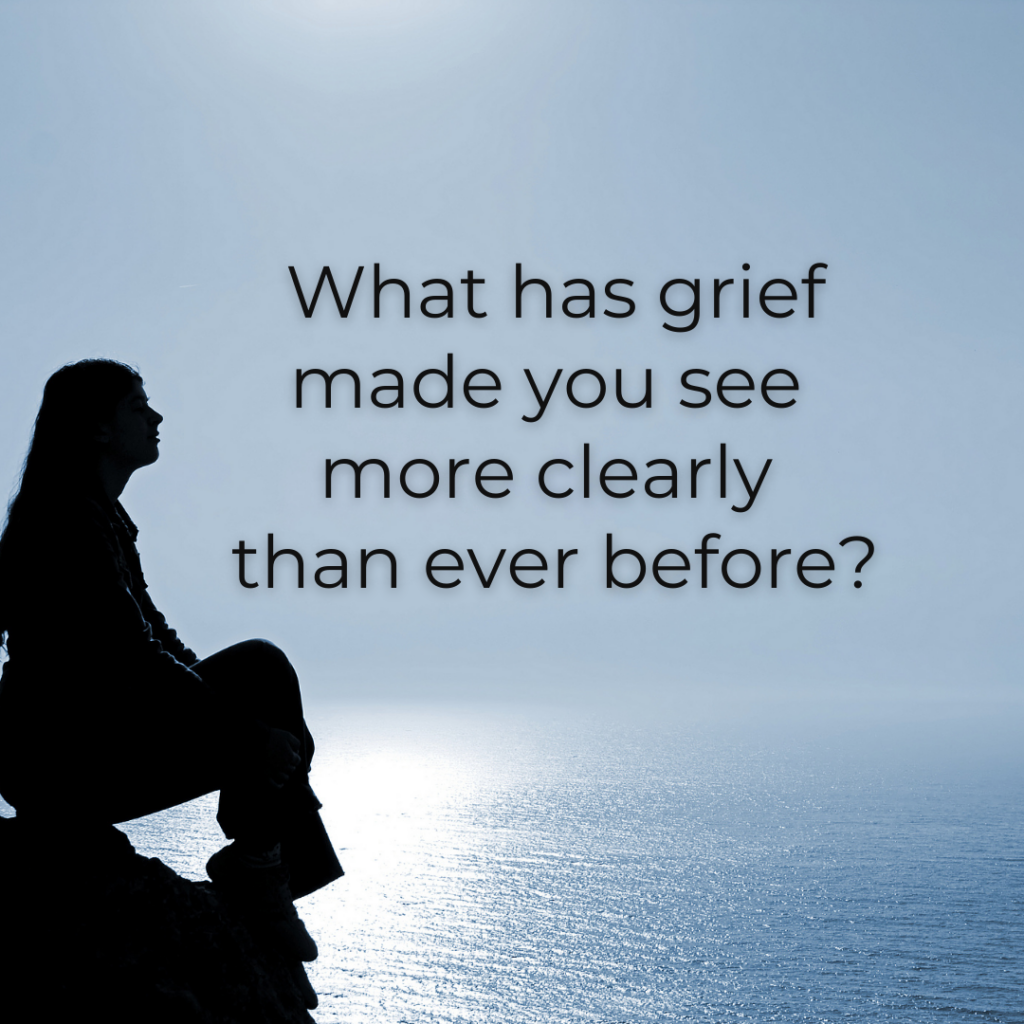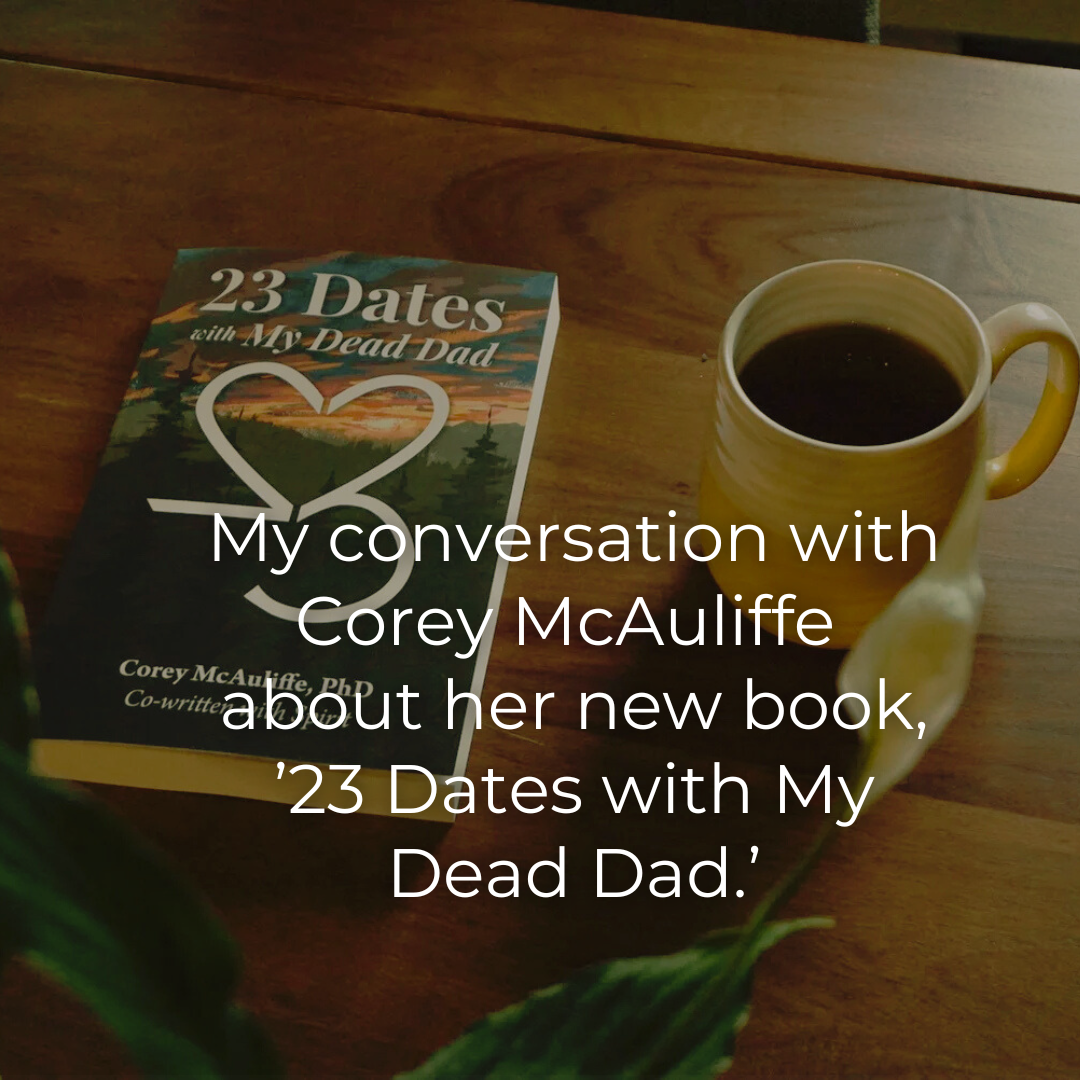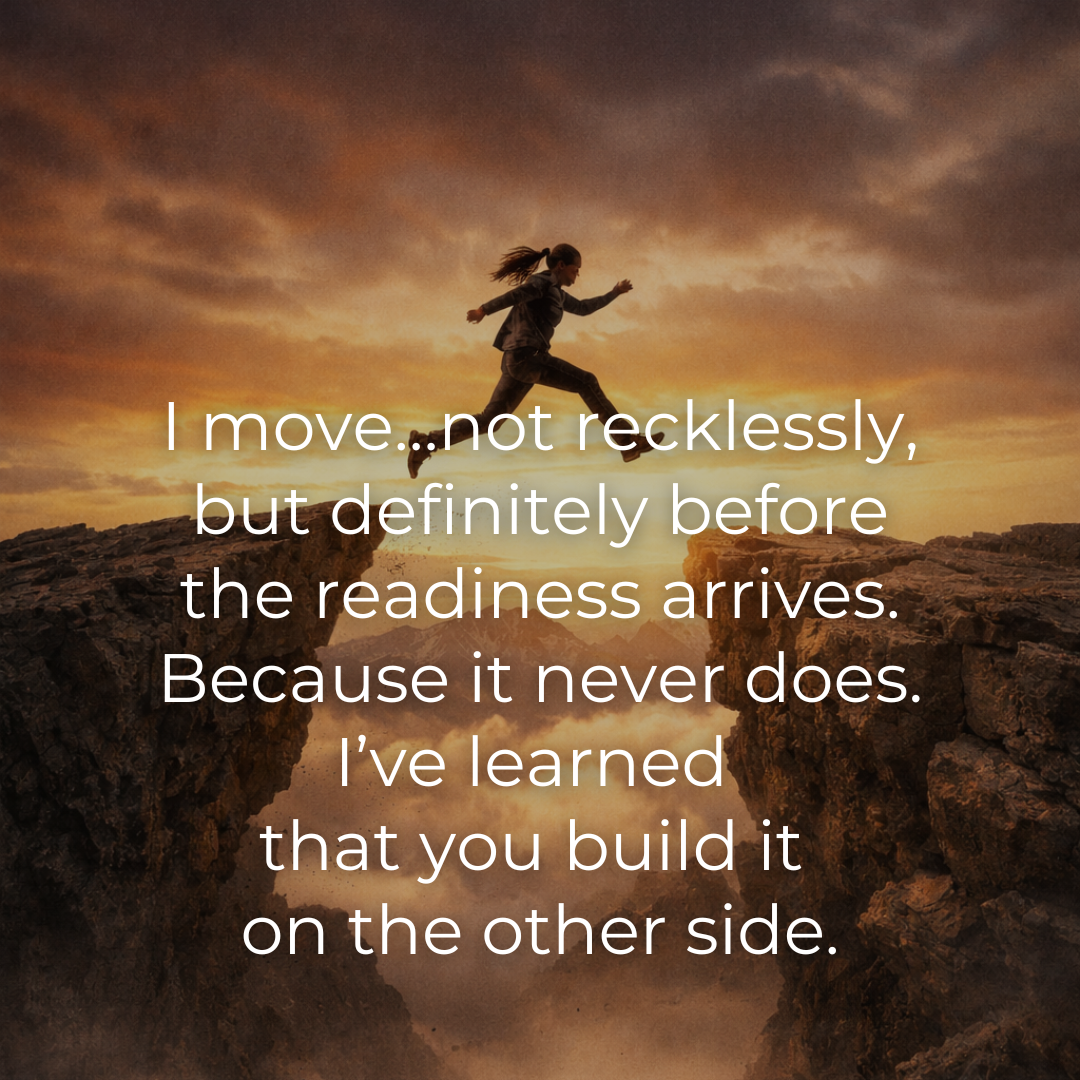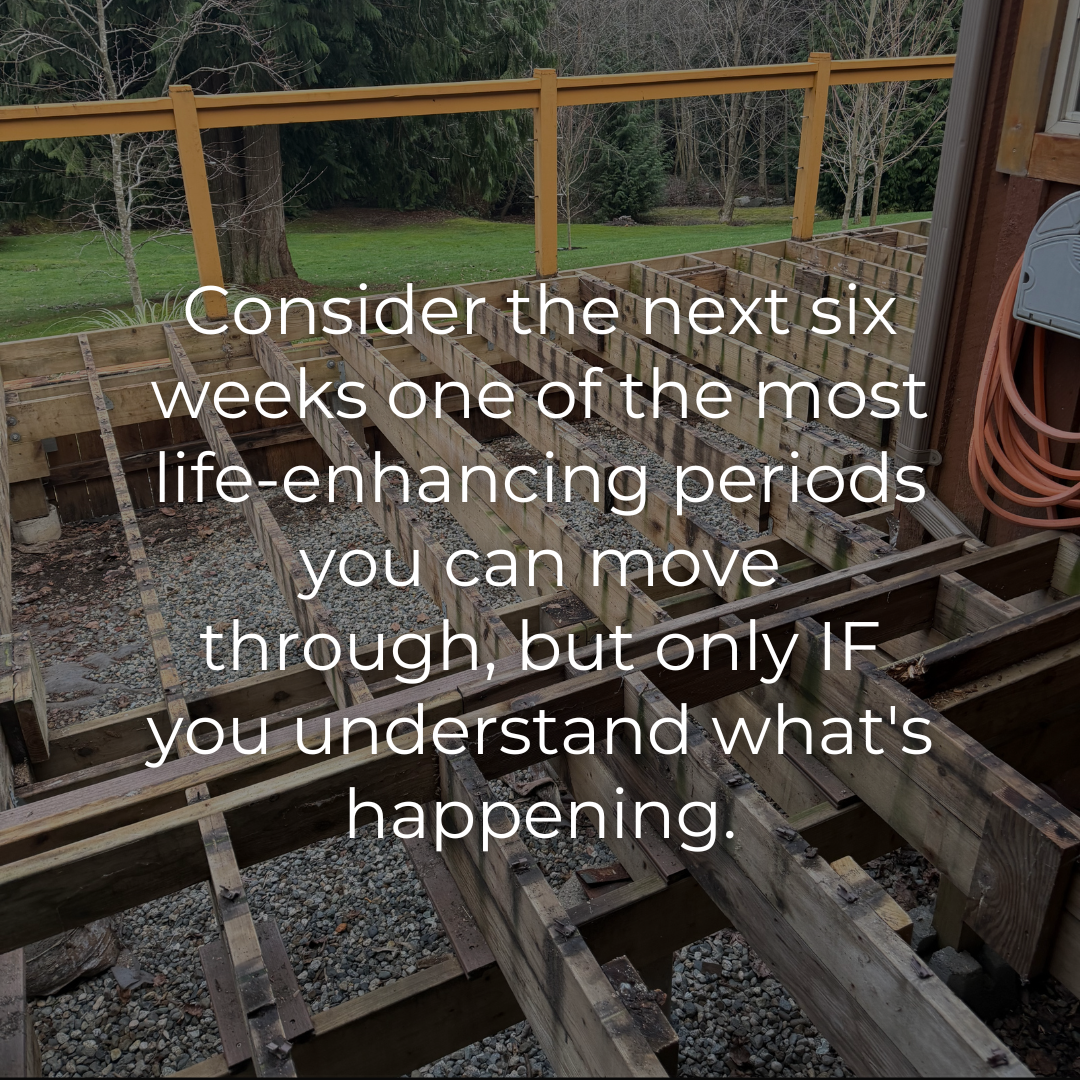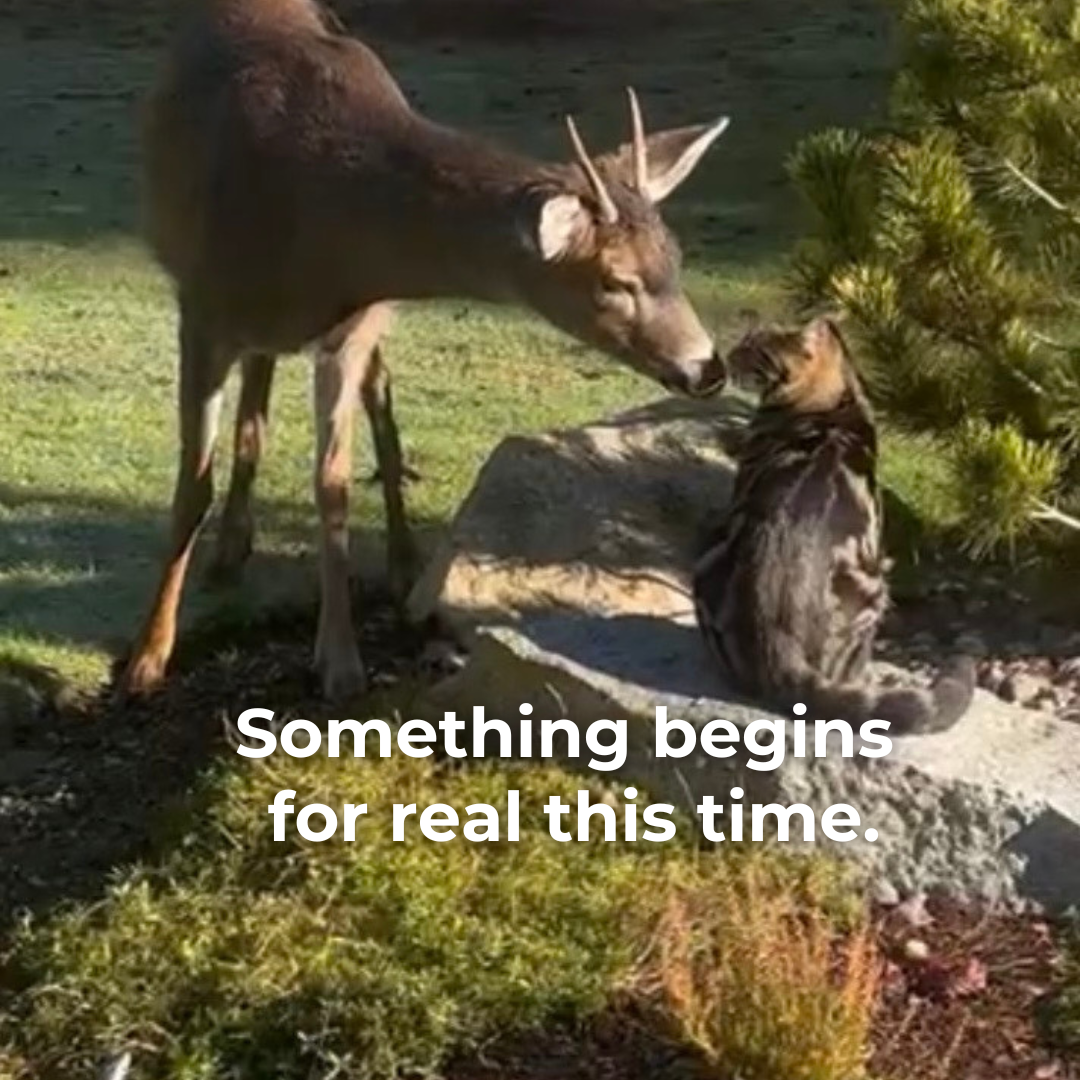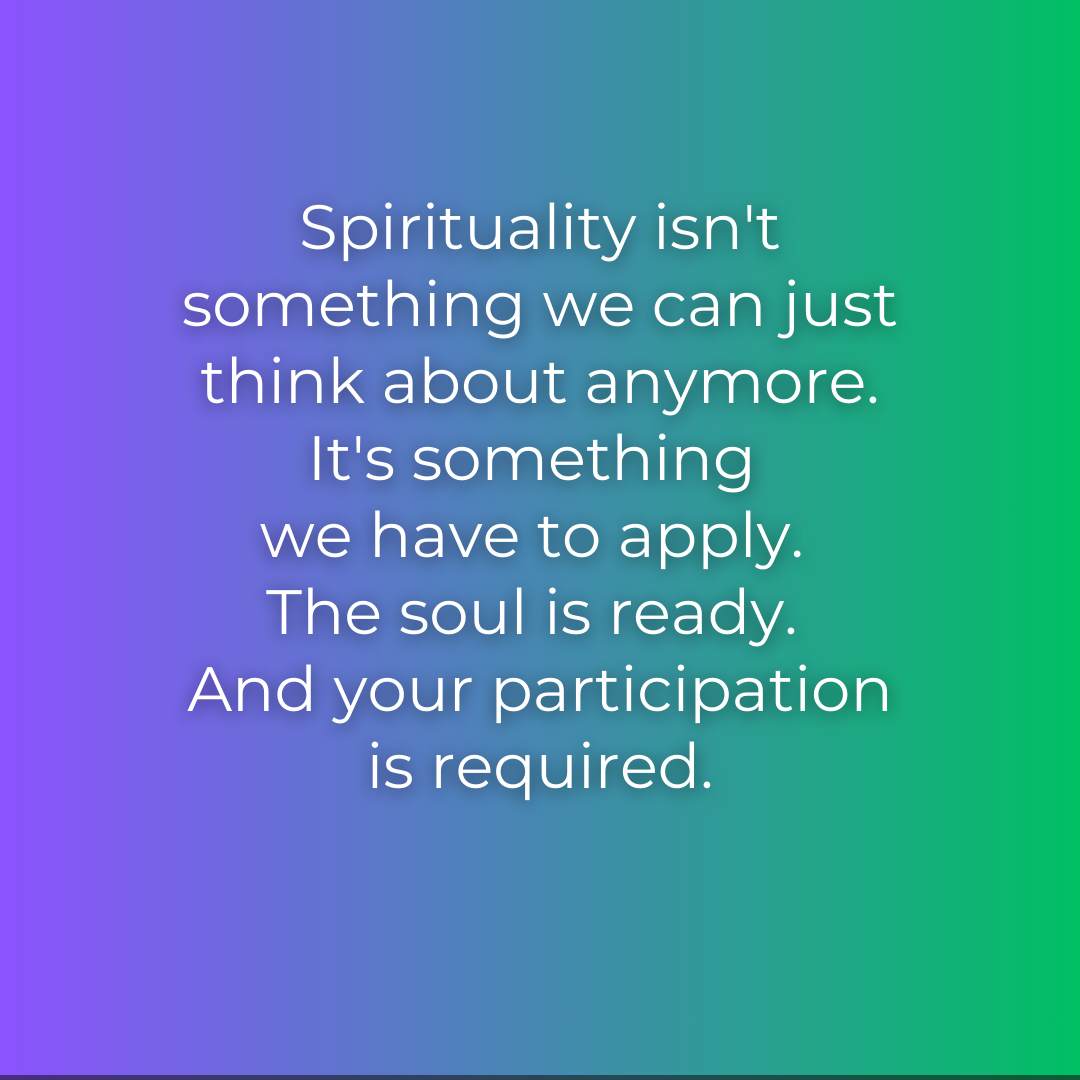I’ve been thinking a lot about how grief gets framed. How the question is almost always, “Who did you lose?”
And sure, that’s part of it. But more and more, I find myself drawn to different questions. Deeper ones:
What did that loss do to you?
What did it change?
What got rewritten quietly, invisibly, permanently?
Real questions based on what I keep hearing in the stories people bring to me.
It’s not always a person they’re grieving. Sometimes it’s what that person represented. Or who they were when that person was alive.
Sometimes it’s a version of safety, or identity, or possibility that collapsed in the wake of what happened.
And the ache of that lingers.
I’m thinking about the woman who lost her father and suddenly realized she had no one left who remembered her childhood. And the person who ended a friendship after years of silence and is now feeling all the things that never got said. I spoke with the daughter who walked away from a complicated parent and is grieving not just the parent, but the dream of who they might’ve been.
And every week I talk with men and woman whose body can no longer do what they used to, and they’re mourning the self they didn’t know they’d already started losing.
None of those are headline-worthy griefs. They don’t get much attention, but they’re real. And they stay with us.
I’ve experienced and witnessed how they change the way we show up in our relationships and the way we imagine the future. And they even change how safe we feel in our own bodies and timelines.
So maybe the better questions are:
What has grief taken from you besides what’s obvious?
What has it shifted in how you move through the world?
What has it softened? What has it stripped away? What has it asked of you?
And I think just as importantly,
What has it made you see more clearly than ever before?
Final thought: the next time someone asks “Who did you lose?”and you feel that hesitation rise in your throat (like it does in mine), remember, you don’t have to name a person for your grief to be valid. You just have to know that something mattered. And now, something’s different.
